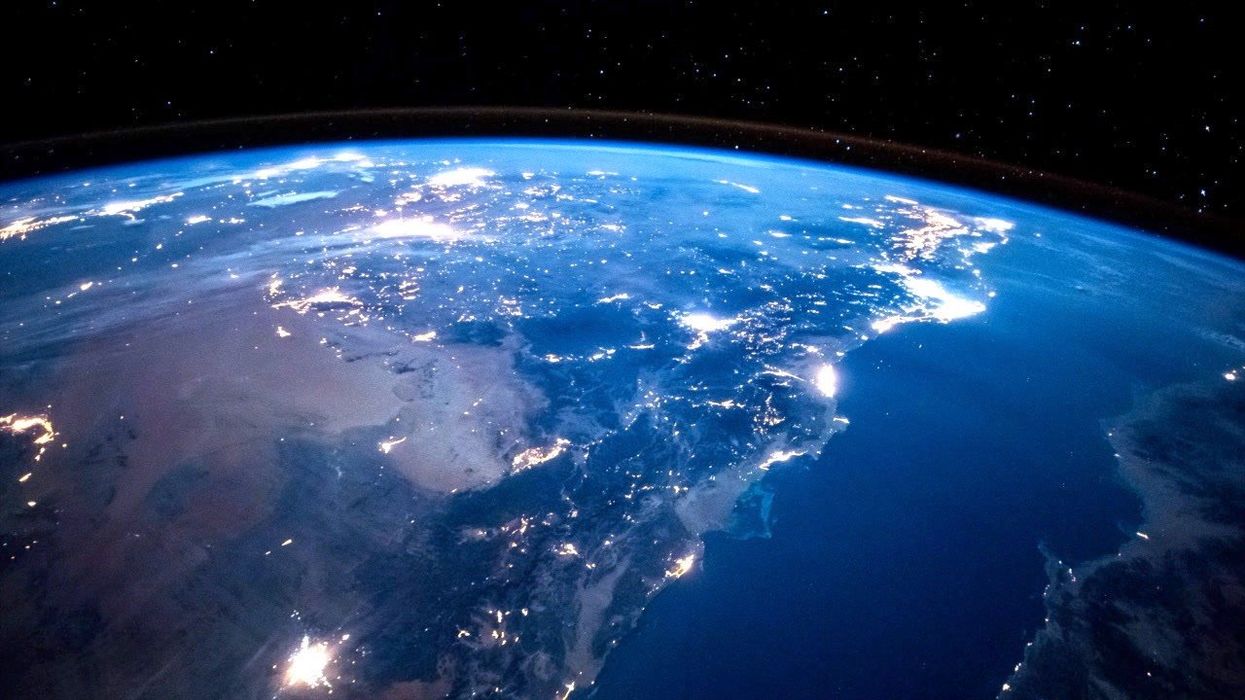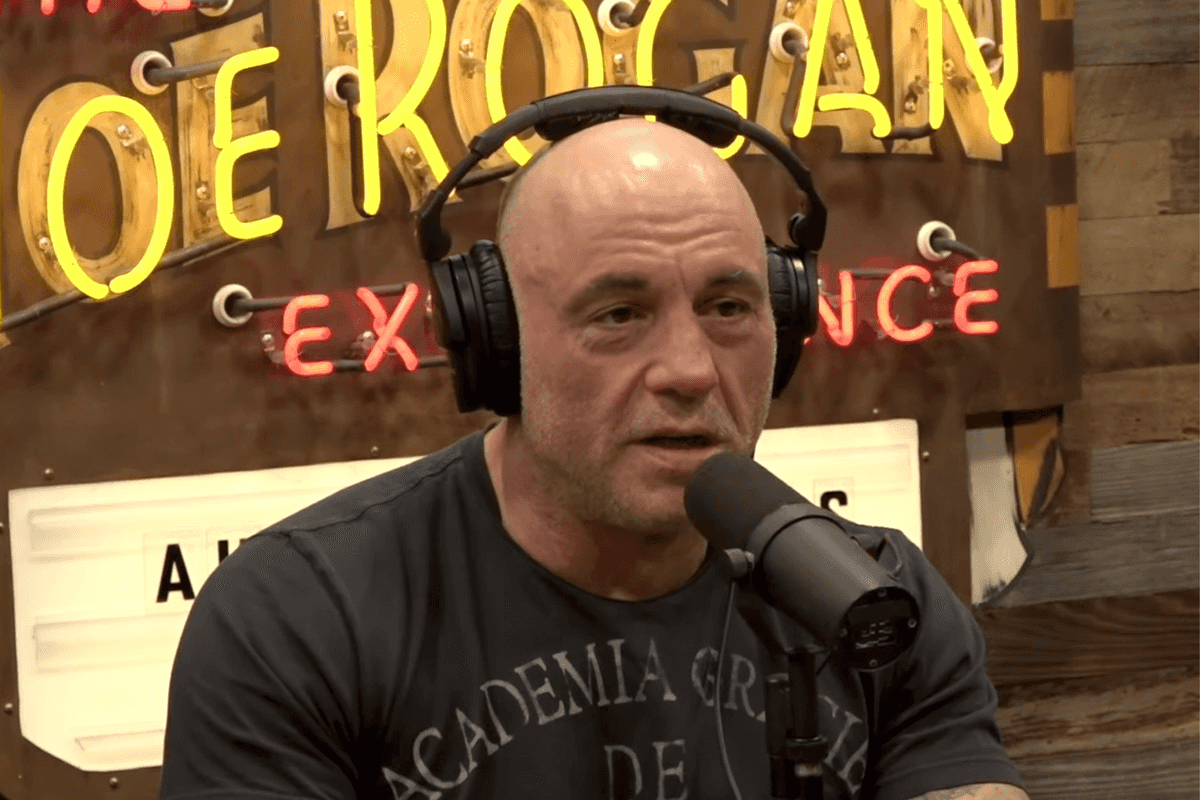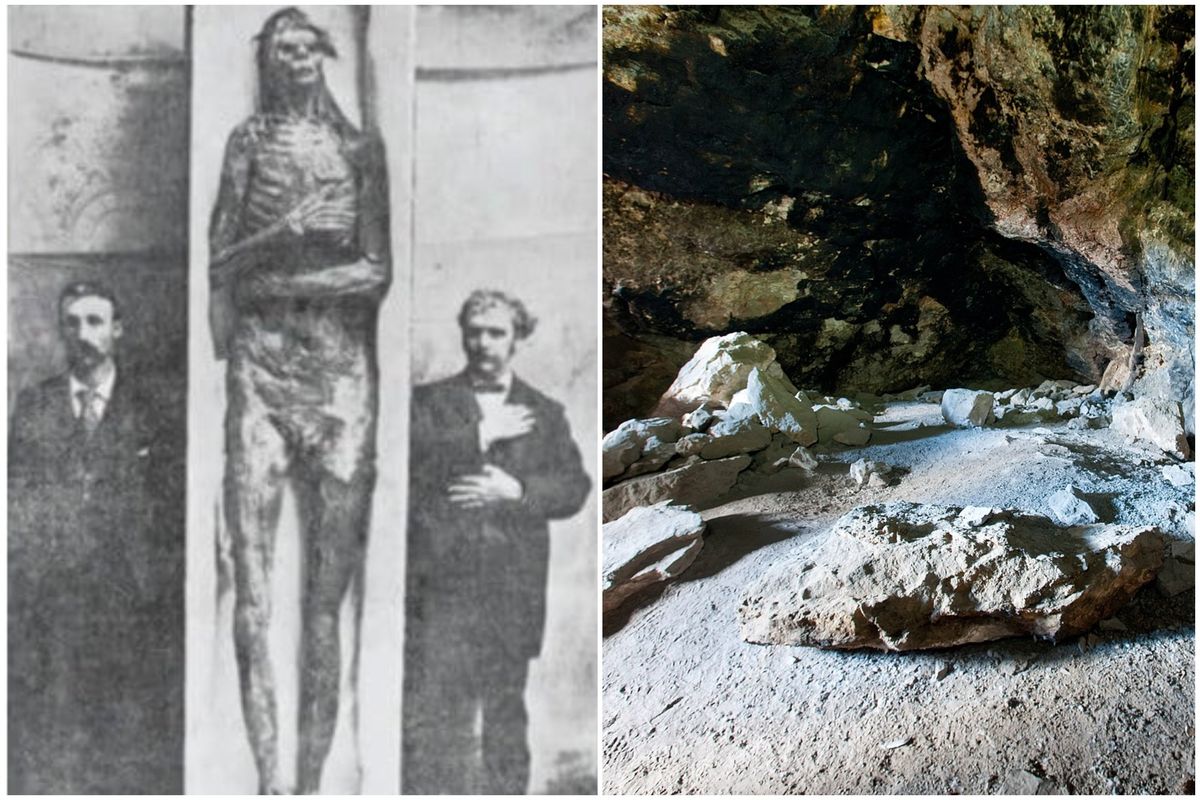Alex Daniel
Sep 21, 2023
Scientists May Have Just Figured Out When the First Continents Formed in …
ZMG - Amaze Lab / VideoElephant
A researcher has figured out that the Earth’s first continent was formed 3bn years ago, in a new paper that sheds fresh light on the early stages of the planet’s life.
Jane Greaves, an astronomy professor in the School of Physics and Astronomy at Cardiff University in Wales, was examining continent formation on distant stars and planets.
It is thought that exoplanets with continents that formed in a similar way to Earth’s are more likely to be habitable, and perhaps even contain alien life.
In the process, she calculated when several distant planets’ continents were born, as well as those a little closer to home.
Continents on Earth sit on top of the planet’s hot, viscous mantle. Heat from the inner core stops the mantle from solidifying.
The reason the core is hot is because it contains radioactive elements that came from neutron star collisions billions of years ago such as forms of Uranium, Thorium and Potassium.
By analysing how many materials like this are present on Earth and on other planets, we are also able to estimate when the continents formed.
On Earth, that was about 9.5 billion years since the beginning of the universe.
Meanwhile, in Greaves' sample, the first continents appeared 2bn years before Earth’s on the exoplanets of younger, so-called thin disk stars. Older, thick disk stars analysed in her work produced rocky planets with continents that appeared even earlier: about 4 to 5bn years before Earth’s.
“The outlook seems very promising for finding rocky exoplanets with continents, given that nearby Sun-like stars have already produced a few candidate hosts,” she wrote.
The study, “When were the First Exocontinents?” is published in Research Notes of the American Astronomical SocietySign up to our free Indy100 weekly newsletterHave your say in our news democracy. Click the upvote icon at the top of the page to help raise this article through the indy100 rankings.
Top 100
The Conversation (0)














